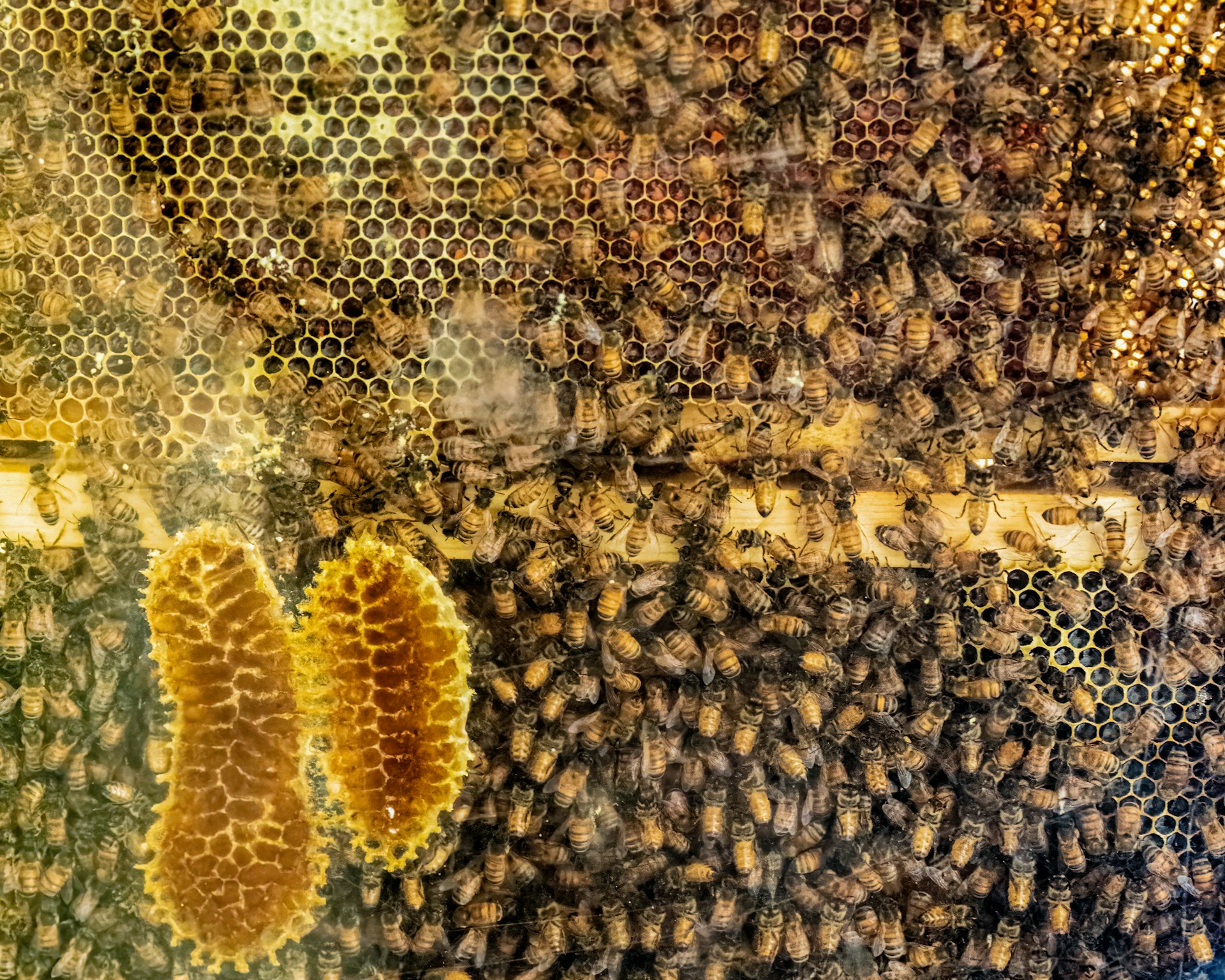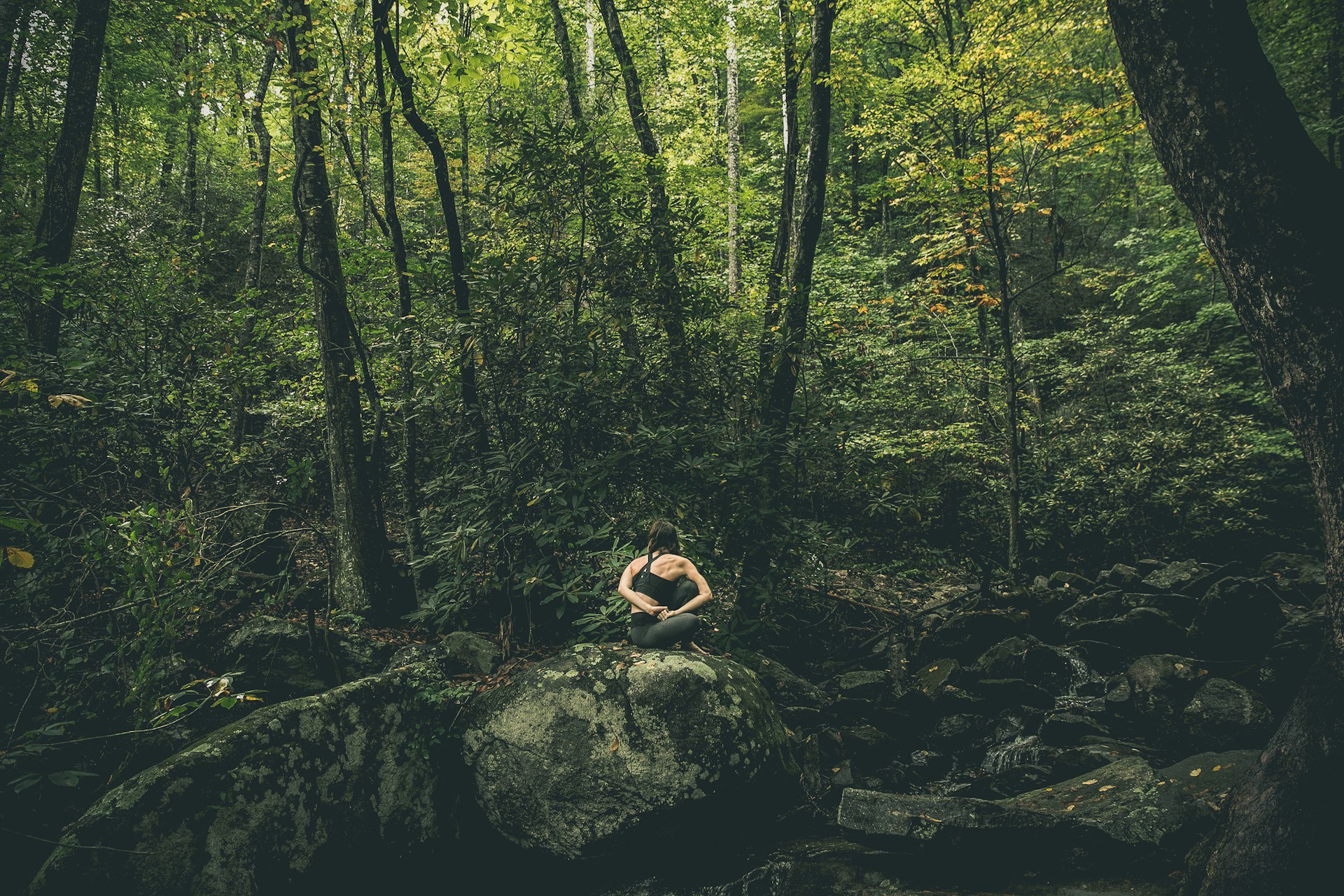Discover Herbal Teas That Nurture Relaxation and Calm

Photo by Eric Prouzet on Unsplash
Introduction to Herbal Teas for Relaxation
In a world where stress and anxiety have become part of daily life, many people are searching for natural ways to unwind. Herbal teas, celebrated across cultures for centuries, offer a gentle, enjoyable approach to nurturing relaxation and promoting overall well-being. Unlike caffeinated drinks, herbal teas are naturally free of caffeine and often contain bioactive compounds that may help ease tension, encourage calm, and even support restful sleep. Whether you are new to herbal teas or looking to expand your repertoire, learning about the most effective options and how to access them can be a rewarding journey toward better self-care [1] .
Understanding the Calming Potential of Herbal Teas
Herbal teas derive their soothing effects from the unique combination of plant compounds found in their leaves, flowers, and roots. Many popular blends are renowned for their calming properties and are often used to help manage everyday stress, reduce nervousness, and improve sleep quality. Some of the best-studied and most widely recommended herbal teas for relaxation include:
Chamomile Tea: Often considered the classic bedtime tea, chamomile is prized for its mild, floral flavor and gentle sedative effects. Research suggests that chamomile contains apigenin, an antioxidant that binds to certain brain receptors, creating a calming effect and helping to ease anxiety. Many people find that a warm cup of chamomile tea before bed encourages restful sleep and soothes a restless mind. Chamomile tea is widely available at supermarkets, health food stores, and specialty tea shops, both as loose flowers and in convenient tea bags [2] [3] [4] .
Lavender Tea: Recognized for its fragrant aroma and beautiful purple color, lavender tea is another favorite for relaxation. The soothing compounds in lavender are believed to affect neurotransmitters in the brain, promoting a sense of calm and helping to relieve tension headaches. Many users enjoy a cup of lavender tea in the evening to unwind after a busy day. You can find lavender tea blends in natural food stores, online specialty retailers, and even at some local markets [3] [4] .
Lemon Balm Tea: A member of the mint family, lemon balm offers a bright, citrusy flavor and is well regarded for its mood-lifting and calming effects. Some research has shown that lemon balm may help reduce symptoms of mild anxiety and improve sleep quality. Lemon balm tea is often sold in blends with other calming herbs and is suitable for daily use. Look for lemon balm at herbal apothecaries, online tea retailers, or as part of pre-mixed relaxation tea blends [1] [2] .
Valerian Root Tea: Valerian root has a long history in traditional medicine as a sleep aid. Modern studies suggest it works by increasing levels of gamma-aminobutyric acid (GABA) in the brain, a neurotransmitter that has a calming effect on the nervous system. Valerian root tea is best consumed in the evening and is available in many health food stores and online [4] [5] .
Other Notable Herbs: Mint, rose, jasmine, passionflower, and hops also feature in many blends aimed at stress relief. Each offers unique flavors and potential benefits, allowing for customization based on your personal preferences and needs [5] .
How to Choose and Prepare Herbal Teas for Relaxation
Selecting the right herbal tea involves both personal taste and desired effects. Here is a step-by-step guide to help you get started:
Step 1: Identify Your Relaxation Goals Consider whether you are looking to reduce daytime stress, support sleep, or simply enjoy a calming evening ritual. This will guide your herb selection. For sleep, teas like chamomile or valerian may be ideal. For daytime calm, lemon balm or mint blends are gentle options.
Step 2: Source Quality Teas Look for reputable suppliers and read ingredient lists to ensure purity. Many grocery stores carry popular brands, but for a wider range, visit local herbal shops or established online tea retailers. If you wish to explore certified organic or specialty blends, check for third-party certifications on the packaging.
Step 3: Prepare Your Tea Mindfully Follow the brewing instructions on the package. Typically, use 1-2 teaspoons of dried herbs per cup, pour boiling water over the herbs, and steep for 5-10 minutes. Covering the cup as the tea steeps helps retain aromatic compounds. Sweeten with honey or add a slice of lemon if desired for enhanced flavor and relaxation. The act of preparing and sipping tea can itself be a mindful ritual that encourages relaxation [1] .
Step 4: Experiment with Blends and Timing Different herbs work better for different people. Try single-herb teas as well as blends, and note how your body and mind respond. Enjoying your tea in a calm setting, possibly with soft music or a book, enhances the relaxing experience.
Examples and Practical Applications
Consider the following real-world scenarios to maximize the benefits of herbal teas for relaxation:
Evening Wind-Down: After a demanding day, a cup of chamomile or lavender tea can help shift your mind and body into a restful state. Many people incorporate this ritual into their nighttime routine, aiming for 30-60 minutes before bed to take advantage of the sedative effects [4] .
Midday Stress Relief: If you are feeling overwhelmed or anxious during the day, lemon balm or mint tea can provide a gentle boost of calm without causing drowsiness. Preparing a cup during a break can become a self-care ritual that signals your mind to pause and recharge.
Social Gatherings: Herbal teas can be enjoyed in group settings, offering a non-alcoholic, healthful alternative to coffee or cocktails. Hosting a tea tasting with friends or family allows everyone to explore different blends and share their experiences.
Overcoming Challenges and Exploring Alternatives
While many people experience benefits from herbal teas, results can vary. Some individuals may find one herb more effective than another, or may need to try several blends before finding the best fit. If you have allergies, are pregnant, or take prescription medications, consult your healthcare provider before introducing new herbs, as interactions are possible [2] .
If you are unable to find a specific tea locally, search for reputable online retailers specializing in wellness or organic products. For those interested in growing their own herbs, starter kits and seeds for chamomile, lavender, and lemon balm are available at most garden centers. Some communities offer herbal workshops or local classes, which can provide hands-on experience and personalized guidance.
Step-by-Step Guidance: Accessing Herbal Teas for Relaxation
To access high-quality herbal teas suitable for relaxation, consider these steps:
- Visit your local supermarket or natural foods store and look for well-known brands that offer single-herb and blended relaxation teas. Read the ingredient lists to ensure there are no unwanted additives.
- If you prefer online shopping, search for established tea retailers that have transparent sourcing information and customer reviews. Look for terms like “organic chamomile tea” or “herbal stress relief tea” for the best selection.
- Contact your local herbalist, naturopathic doctor, or wellness center for recommendations on trusted sources and personalized blends.
- If you are interested in making your own teas, purchase dried herbs from a reputable health food store. Use a teapot or infuser, and experiment with your own combinations of chamomile, lemon balm, and lavender.
- Always consult with your healthcare provider, especially if you have existing health conditions or are taking medications, to ensure chosen herbs are safe for you.
For additional guidance, you can search for “herbal tea for relaxation” on the official websites of national health organizations or university extension programs. These sources often provide evidence-based advice and up-to-date research findings.
Potential Challenges and Solutions
Some individuals may not experience immediate results or may dislike the taste of certain herbs. In such cases, explore different flavor profiles or add natural sweeteners like honey. If you are sensitive to certain plants or have allergies, choose single-ingredient teas to identify any reactions. Should you be unable to access herbal teas due to location or cost, consider growing your own herbs, which can be more economical and rewarding in the long term.
Key Takeaways
Herbal teas offer a practical, enjoyable, and natural approach to promoting relaxation and managing daily stress. With a variety of calming herbs to choose from, you can discover blends that suit your taste and support your well-being. Remember to seek out quality, consult professionals when necessary, and approach your tea ritual with mindfulness for the best results.

Photo by Randy Fath on Unsplash
References
- [1] Serenity Garden Tea (2025). Sip Your Way to Wellness: Top Herbal Teas for Every Mood and Season.
- [2] Healthline (2022). The 20 Best Teas for Anxiety.
- [3] Choosing Therapy (2024). Best Tea for Anxiety: 9 Calming Teas.
- [4] Cleveland Clinic Health Essentials (2024). Restless? Try These Bedtime Teas for Better Sleep.
- [5] The Tea Spot (2024). Calming, Relaxation, Stress Relief Teas.
MORE FROM visa4visit.com













